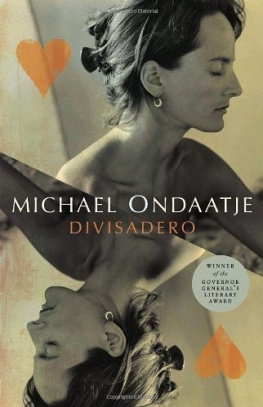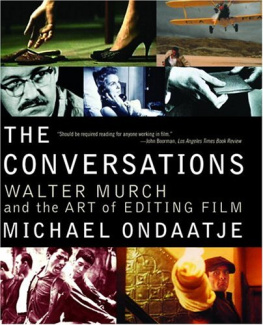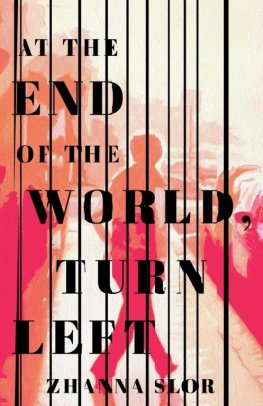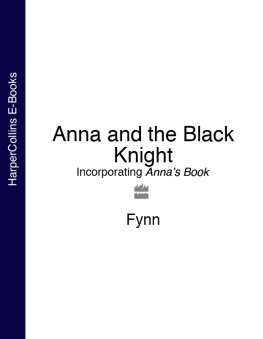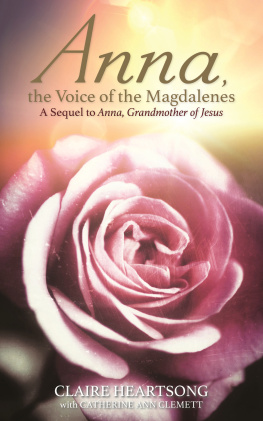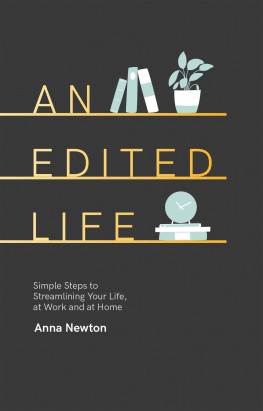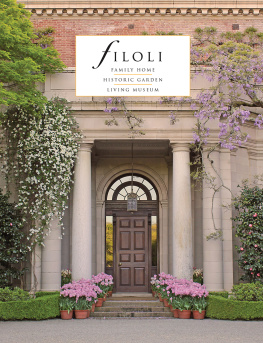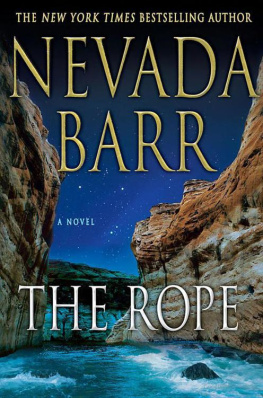Also by Michael Ondaatje
fiction and memoir Coming Through Slaughter (1976) Running in the Family (1982)In the Skin of a Lion (1987) The English Patient (1992) AnilsGhost (2000)
poetry
The Dainty Monsters (1967)
The Man with Seven Toes (1969)
The Collected Works of Billy the Kid (1970) Rat Jelly (1973)
Elimination Dance (1976)
Theres a Trick with a Knife Im Learning to Do (1979) Secular Love (1984)
The Cinnamon Peeler (1991)
Handwriting (1998)
nonfiction
The Conversations: Walter Murch and the Art of Editing Film (2002)
Michael Ondaatje
Alfred A. Knopf New York 2007
this is a borzoi book published by alfred a.knopf
Copyright 2007by Michael Ondaatje
All rights reserved. Published in the United States by Alfred A. Knopf, a division ofRandom House, Inc.
www.aaknopf.com
Knopf, BorzoiBooks, and the colophon are registered trademarks of Random House, Inc .
Originally published in Canada by McClelland & Stewart Ltd., Toronto.
Permission to reprint previously published material may be found in theAcknowledgments at the end of the book.
Library ofCongress Cataloging-in-Publication Data Ondaatje, Michael, date.
Divisadero / Michael Ondaatje. 1st ed. p. cm .
eISBN: 978-0-307-26702-3
1. SistersFiction. 2. Adopted childrenFiction. I.Title. pr9199.3.o5d58 2007 813'54dc22 2006048797
This is a work of fi ction. Names, characters, places, andincidents either are the product of the authorsimagination or are used fi ctitiously. Any resemblance to actual persons, living or dead, events,or locales is entirely coincidental. Some locations have been altered orrenamed and a few liberties taken with geography.
v1.0
For John and Beverly
and in loving memory of Creon Corea remembered by us as Egilly
one
Anna, Claire, and Coop
two
The Family in the Cart
three
The House in Dmu
W hen I come to lie in your arms,you sometimes ask me in which historical moment do I wish to exist. And I will say Paris, the week Colette died.... Paris, August 3rd, 1954 . In a few days, at her state funeral, a thousand lilies will beplaced by her grave, and I want to be there, walking that avenue of wet limetrees until I stand beneath the second-fl oorapartment that belonged to her in the Palais-Royal. The history of people likeherfi lls my heart. She was a writer whoremarked that her only virtue was self-doubt. (A day or two before she died,they say Colette was visited by Jean Genet, who stole nothing. Ah, the grace ofthe great thief...)
We have art, Nietzsche said, so that we shall not bedestroyed by the truth. The raw truth of an incident never ends, and the storyof Coop and the terrain of my sisters life are endless to me. They are thesudden possibility every time I pick up the telephone when it rings some latehour after midnight, and I wait for his voice, or the deep breath before Clairewill announce herself.
For I have taken myself away from who Iwas with them, and what I used to be. When my name was Anna.
One
Anna, Claire, and Coop
The Orphan
B your grandfathers cabin, on the high ridge, opposite a slope of buckeye trees,Claire sits on her horse, wrapped in a thick blanket. She has camped all nightand lit a fi re in the hearth of that small structure our ancestor built morethan a generation ago, and which he lived in like a hermit or some creature,when he fi rst cameto this country. He was a self-suf fi cient bachelor who eventually owned all the land he looked downonto. He married lackadaisically when he was forty, had one son, and left himthis farm along the Petaluma road.
Claire moves slowly on theridge above the two valleys full of morning mist. The coast is to her left. Onher right is the journey to Sacramento and the delta towns such as Rio Vistawith its populations left over from the Gold Rush.
She persuades the horsedown through the whiteness alongside crowded trees. She has been smelling smokefor the last twenty minutes, and, on the outskirts of Glen Ellen, she sees thetown bar on fi re the local arsonist has struck early, whencertain it would be empty. She watches from a distance without dismounting. Thehorse, Territorial, seldom allows a remount; in this he can be fooled only oncea day. The two of them, rider and animal, dont fully trust each other,although the horse is my sister Claires closest ally. She will use every tricknot in the book to stop his rearing and bucking. She carries plastic bags ofwater with her and leans forward and smashes them onto his neck so the animalbelieves it is his own blood and will calm for a minute. When Claire is on ahorse she loses her limp and is in charge of the universe, a centaur. Somedayshe will meet and marry a centaur.
The fi re takes an hour to burn down. The GlenEllen Bar has always been the location of fi ghts, and even now she can see scuf fl es starting up on the streets, perhaps tohonour the landmark. She sidles the animal against the slippery red wood of amadrone bush and eats its berries, then rides down into the town, past the fi re. Close by, as she passes, she can hearthe last beams collapsing like a roll of thunder, and she steers the horse awayfrom the sound.
On the way home she passesvineyards with their prehistoriclooking heat blowers that keep air moving sothe vines dont freeze. Ten years earlier, in her youth, smudge pots burned allnight to keep the air warm.
Most mornings we used tocome into the dark kitchen and silently cut thick slices of cheese forourselves. My father drinks a cup of red wine. Then we walk to the barn. Coopis already there, raking the soiled straw, and soon we are milking the cows,our heads resting against their fl anks. A father, his two elevenyear-old daughters, and Coop the hiredhand, a few years older than us. No one has talked yet, theres just been the noise of pails or gates swinging open.
Coop in those days spokesparingly, in a low-pitched monologue to himself , asif language was uncertain. Essentially he was clarifying what he sawthe lightin the barn, where to climb the approaching fence, which chicken to cordon off,capture, and tuck under his arm. Claire and I listened whenever we could. Coopwas an open soul in those days. We realized his taciturn manner was not a wishfor separateness but a tentativeness about words. Hewas adept in the physical world where he protected us. But in the world oflanguage he was our student.
At that time, as sisters,we were mostly on our own. Our father had brought us up single-handed and wastoo busy to be conscious of intricacies. He was satis fi ed when we worked at our chores andeasily belligerent when it became dif fi cult to fi nd us. Since the death of our mother it was Coop who listened to uscomplain and worry, and he allowed us the stage whenhe thought we wished for it. Our father gazed right through Coop. He wastraining him as a farmer and nothing else. What Coop read, however, were booksabout gold camps and gold mines in the California northeast, about those who had risked everything at a river bend on a left turn and sodiscovered a fortune. By the second half of the twentieth century he was, ofcourse, a hundred years too late, but he knew there were still outcrops ofgold, in rivers, under the bunch grass, or in the pine sierras.
There was a book, not muchmore than a pamphlet with a white spine, I found high on a shelf in the mudroomof the farm. Interviews with Californios: Women from Early Times to thePresent. As most of those women did not write, archivists from Berkeley hadtravelled with tape recorders to capture these lives and the ambience of thepast. The monograph included accounts dating from the early 1800s to thepresent, from The Dictation of Doa Eulalia to The Dictation of LydiaMendez. Lydia Mendez was our mother. It was here in this book that wediscovered the woman who had died the week Claire and I were born. Only Coop,among the three of us, whod worked on the farm since he was a boy, had knownher as someone alive. For Claire and me she was a rumour, a ghost rarelymentioned by our father, someone interviewed for a few paragraphs in this book,and shown in a washed-out black-and-white photograph.

